
Terri Pauline Smith on building Wake Jamaica, medicinal mushrooms, and making a difference that matters
April 1, 2021
Describe your business in a few words?
Wake is an intersection between smart tech and fungi medicine. Wake offers medicinal mushroom supplements and legal psilocybin assisted clinical immersion experiences in Jamaica. This therapeutic experience provides deep healing, clarity, and direction.
What made you take the leap to start your own business?
There were several moments throughout my life which led to the decision to start my own business.
When I was a teenager, I developed a passion for social entrepreneurship and social impact work. I understood the challenges faced by poor undereducated adults and marginalized youth on an intimate level and this was the driving force behind my decision to attend the University of Toronto where I studied Literature and Social Cultural Anthropology and developed an expertise in Labour Market Re-entry for injured workers and poor adults.
In 2010, I moved with my husband, Ronald Smith, to Jamaica to care for my 104 year old grandfather and decided to establish a farm on land that was suffering from soil exhaustion and could only support the growth of bamboo and other tall grasses. After years of research, we developed a unique, proprietary process that converts bamboo leaves and lemongrass into an ideal substrate for growing dozens of different strains of mushrooms.
Over the last decade, I’ve worked with groups of rural women and other stakeholders to establish micro mushroom farmer development centers and clusters of farmers across Jamaica. I founded the Network of Women for Food Security in 2010 and continue to work with this network of trained mushroom producers to increase the capacity of the local industry in a decentralized production model.
I believe in a triple bottom line approach to growing: every community entered must be better when we leave - financially, socially and environmentally. My goal is to create a network of over 1,000 women who are trained as artisan growers and operate their own micro-farms with sustainability and topsoil restoration practices in place. Alongside education in mushroom cultivation, Terri’s training also educates on the medicinal properties of mushrooms, enhancing the marketing and revenue-generating potential of the women involved in her network.

What was your background prior to starting your own business?
I'm currently the CEO of Wake Jamaica Limited, the founder of the Network of Women for Food Security and the Association of Mushroom Producers Limited and co-owner of Jamaica Exotic Mushrooms.
In 2020, I partnered with Wake, an intersection between smart tech and fungi medicine. Wake has developed a personalized approach that allows research, monitoring, and incorporation of results from clinical studies on a one-to-one basis.
From state-of-the-art clinical trials, to a full line of medicinal mushroom supplements, I cultivate edibles, gourmet medicinals and psilocybin mushrooms for Wake. Wake supplements contain only mushrooms, and are free from binders, fillers, grains, and other adulterants. Wake hopes that each bottle of mushrooms sold will impact a rural community in Jamaica, and help support the empowered women who grow them.
Did you always know you wanted to be an entrepreneur?
I’ve always been a disrupter and I am not good at working for people. I learned very early from the former Jamaican Prime Minister Michael Manley, if I wanted to create the best work environment for myself, I would have to become an entrepreneur.
I was a high school drop out and a young mother. I would read an extraordinary amount of books reading everything I could get my hands on about business and entrepreneurship. I was often actually more equipped with more knowledge than the people who I was working with.
Take us back to when you first launched your business, what was your marketing strategy to get the word out and did it go as planned?
I am a gorilla marketer. I read the book The Art of Gorilla Marketing and a book about Nanny of the Maroons. I put these two together. I never had the money to do traditional marketing, so I had to find a way to get in front of people.
At one point, in 1984, I started a magazine called Preferred Employee Directory, outlining different Employers. I charged hotels $5000 a page for an ad in the directory to advertise to workers about why their hotel was a preferred employee.
I went to the public library and found all kinds of books about how to design social studies and implement them. I collected data, and formatted it to be able to go to the hotels and pitch my ideas. It worked! I ended up with not just a magazine but also a thriving consulting business from this.

We always learn the most from our mistakes, share a time with us that you made a mistake or had a challenging time in business and what you learned from it?
The biggest challenge has been the pandemic, personally and professionally. We’ve all had to make significant adjustments and learn how to pivot but I believe our communities and Wake, specifically, will come out on the other side much stronger. As for Wake, it has halted our legal psilocybin clinics and slowed our plans for growth but has given our team time to reflect, get organized and reevaluate our next steps as a business. The pandemic has had severe mental health implications on our communities and I am personally very excited about the future of psilocybin clinical trials and how they can benefit and improve the wellbeing of those affected.
What is the accomplishment you are the most proud of to date?
Personally, I am very proud of the institution that my husband and I have built Ronter (aka the marriage of Ronald + Terri). This corporation is 27 years old and has been full of amazing wins and desperate losses. We love each other more than ever, and are more solid than ever. This is the foundation of everything I do. He is the precise engineer, and I am the big picture visionary. He takes my ideas and puts form to it; I take his form and put an audience to it. We complete each other. One doesn’t work without the other.
I was the inverter, the visionary, the designer, the pursuer of the mushroom industry in Jamaica. I established criteria for exports. I introduced the idea of mushroom cultivation. It’s amazing to see everyone at the table now. But there was no table before; I built the table.
When hiring for your team, what is your go-to interview question? Please share any hiring tips you can share from your experience?
“Tell me about your intention in applying for the job”
Tips: go with your gut about a person and trust your intuition. Someone may look so beautiful on paper, but if you can’t wait for the interview to be over, don’t hire them. If someone doesn't look great on paper but there is something about them that is working… give them a shot. l Trust yourself. They may help you build what you’re building. Don't hire anyone who makes you feel bad about the job you’re putting out there. Having a clear vision of the impact you want you company to make is very important

How has your business or industry been impacted by the COVID-19 pandemic?
Prior to the start of the pandemic we had a significant gourmet mushrooms business. Most of our large customers for edible mushrooms are hotels and other players in the tourism industry, so when they closed down for Covid we had to pivot away from cultivation of edibles and move towards increasing our medicinal and psilocybin mushrooms production.
The impact of the pandemic has been very paradoxical on the local mushroom industry. It has been the best of times with lots of new foreign investments from large North American companies investing in psilocybin mushroom research. It has also been the worst of time for the local micro mushroom farmers who have seen the market disappear.
What's next for your business? What can we expect to see over the next few years?
At Wake, my vision is about leaving a positive impact for the people who grow my mushrooms.
Wake is furthering our US business endeavors and partnerships. We’re expanding into the Canadian market. Our Q2 relaunch is going to be a very exciting time for the brand and our customers.
Our social impact work in Jamaica is ramping up with the upcoming launch of my micro farming training center in St.Ann, Jamaica.
What is the biggest lesson you have learned in 2020?
It ain’t over til it’s over. Where you start does not have to be where you end. I started the year in excruciating pain and not being mobile. By the end of 2020, I was mobile, pain-free, and on a personal level, I had a unique and incredibly strong business partnership. There was a clear need for all the mushrooms that I wanted to grow and the amazing opportunity to have more positive social, environmental, and social impact on my community.
What do you know now that you wish you knew when you were first starting your business?
I am the point in life where I stop having “what ifs’ and just see life as magical. I do wish I knew that it was all going to be okay. The sleepless nights and endless worries and commitment to targets - I wish I knew I didn’t need that. Being me was enough.
How have you managed to stay grounded this year?
10 dogs, 20 goats, and a husband that keep reminding me that I have responsibilities no matter how much other stuff I have going on. The farm life keeps me grounded.
Do you believe in work/life balance? What are some of your best tips?
Play silly games on your phone when things get too stressful.
Always make time for device-free time with your loved ones.
Sleep in on Sundays.
Always have a glass of wine with your dinner.
What's something our audience would be surprised to learn about you?
My first psychedelic experience with psilocybin was in August 2020.
What are your top 3 tips to stay productive each day?
1. Make a list
2. Listen to your favourite music while you work. For me, it’s peppy jazz and afrobeats.
3. Stay hydrated. Nick Murray, Wake Networks CEO, taught me this one. Coconut water does a great job of keeping you hydrated.
What does being an Entreprenista mean to you?
Being an Entreprenista is very exciting for me because it affords me the opportunity to talk about the awesome power of enterprise and mushrooms as a vehicle for delivering change to the lives of women and youth across Jamaica. As the CEO of a successful local mushroom company in Jamaica I have a chance to impact my country socially, environmentally and financially.
Wake Jamaica is making access to treatment for mental health more democratic in a country where most of the society suffer mental illness in shame and silence. Women and youth growing mushrooms for Wake Jamaica improves their income and food security. In communities where poverty and unemployment is oppressive we can impact change by improving the minimum income.

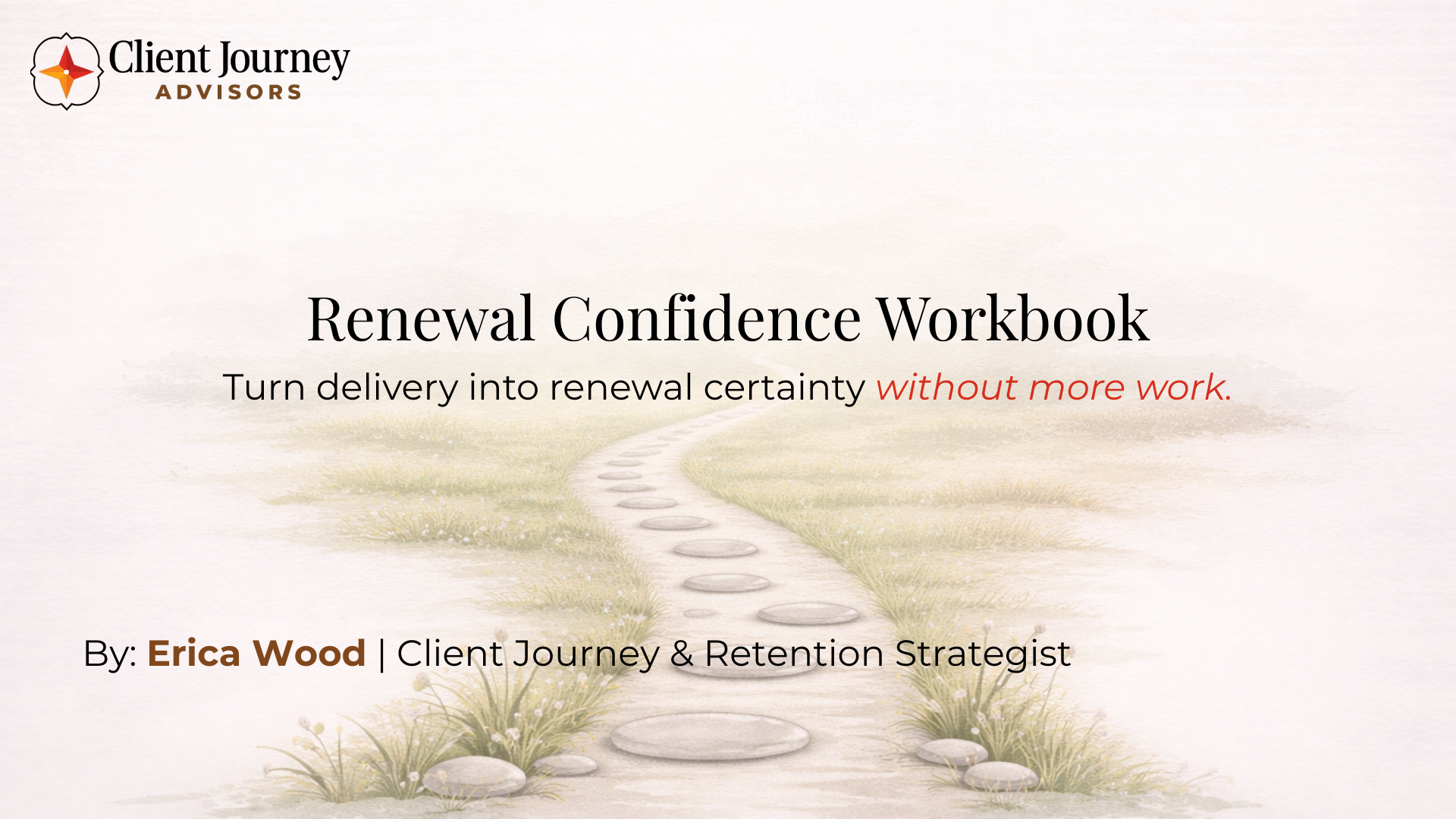
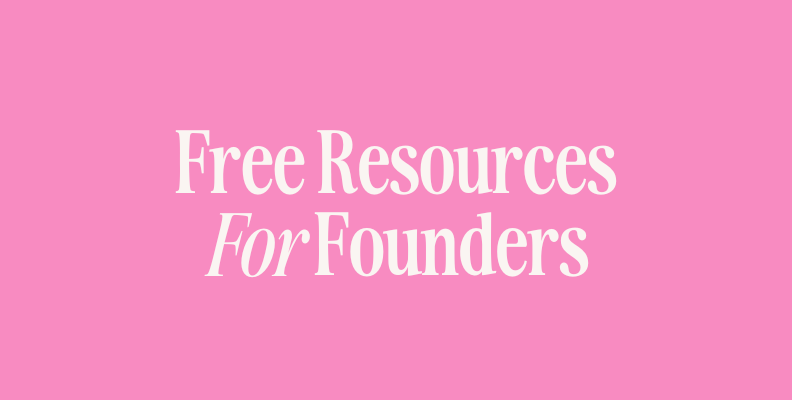

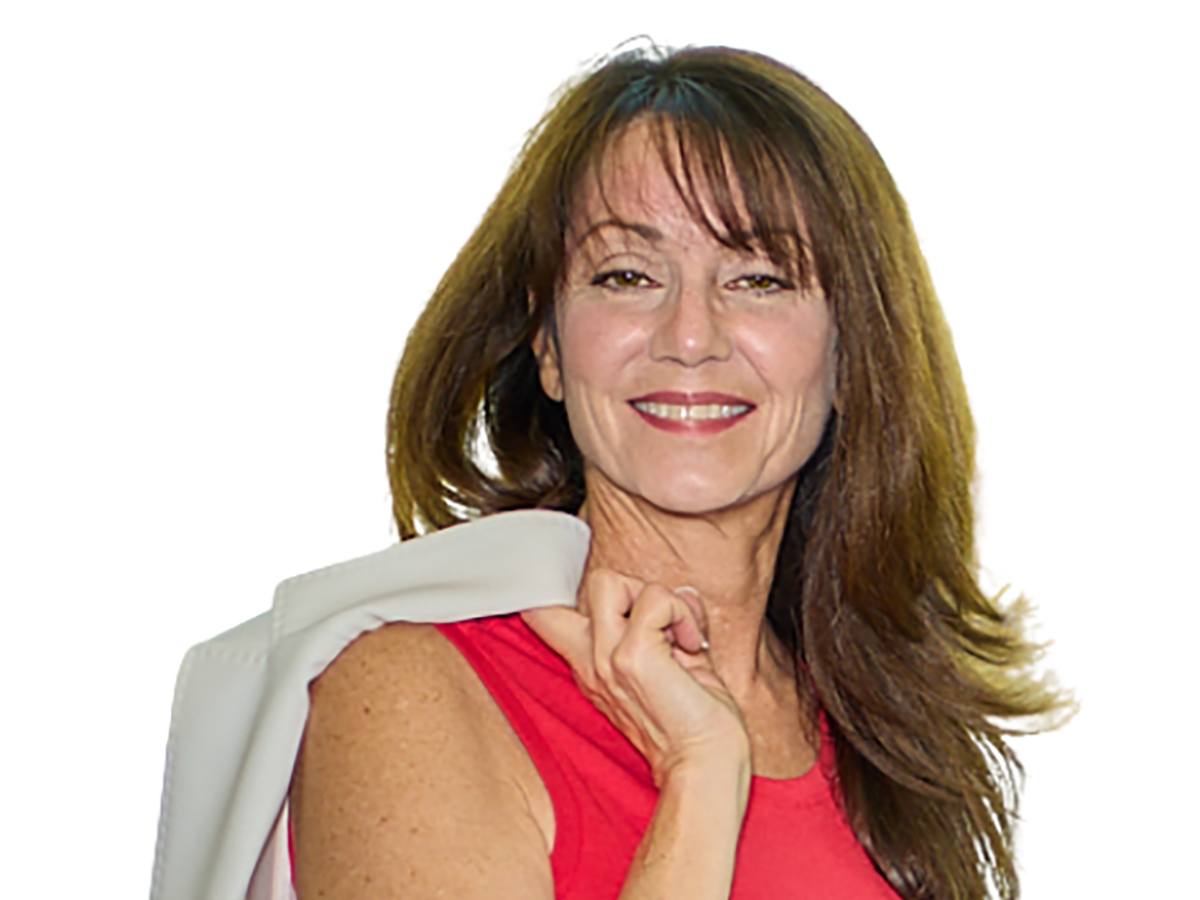



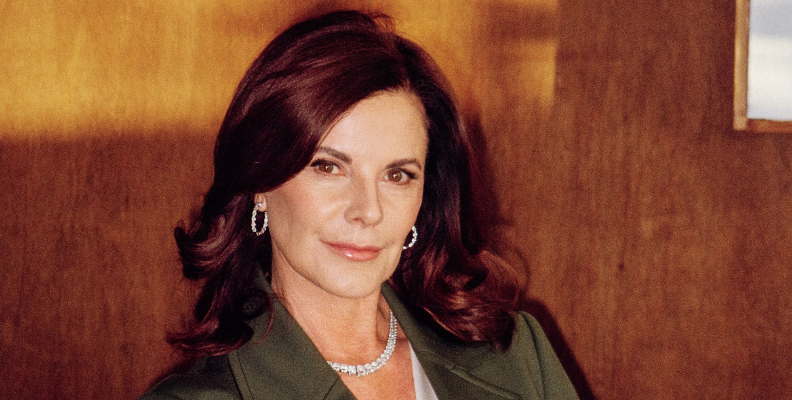
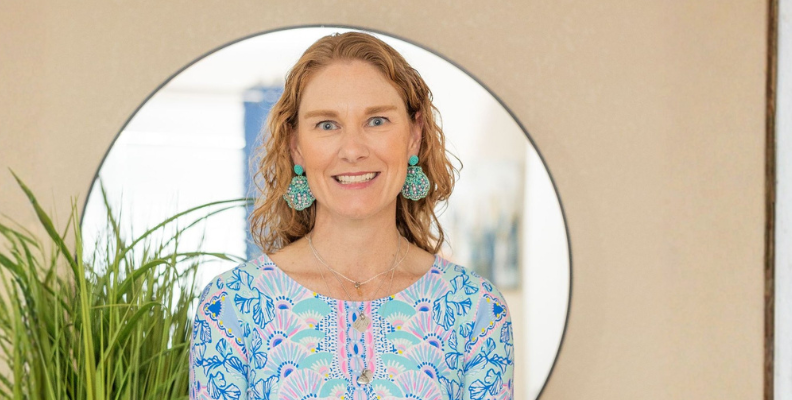
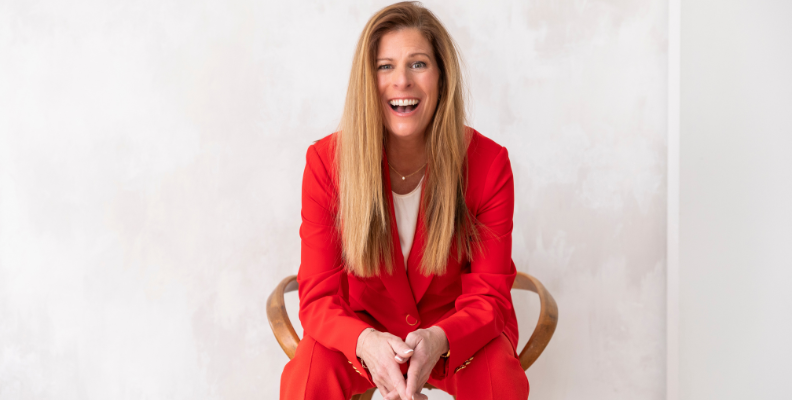


.png)
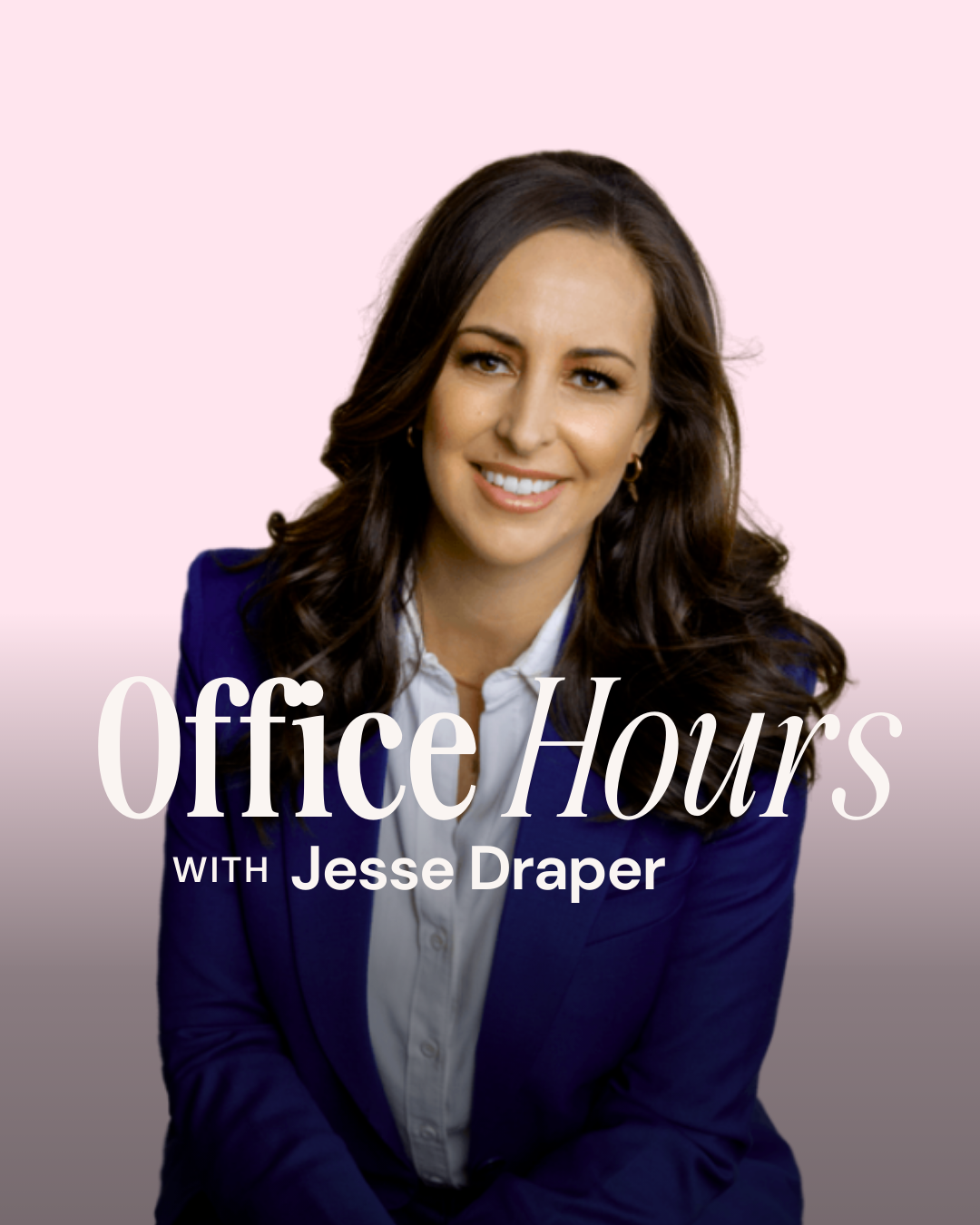
.png)
.png)



.avif)

